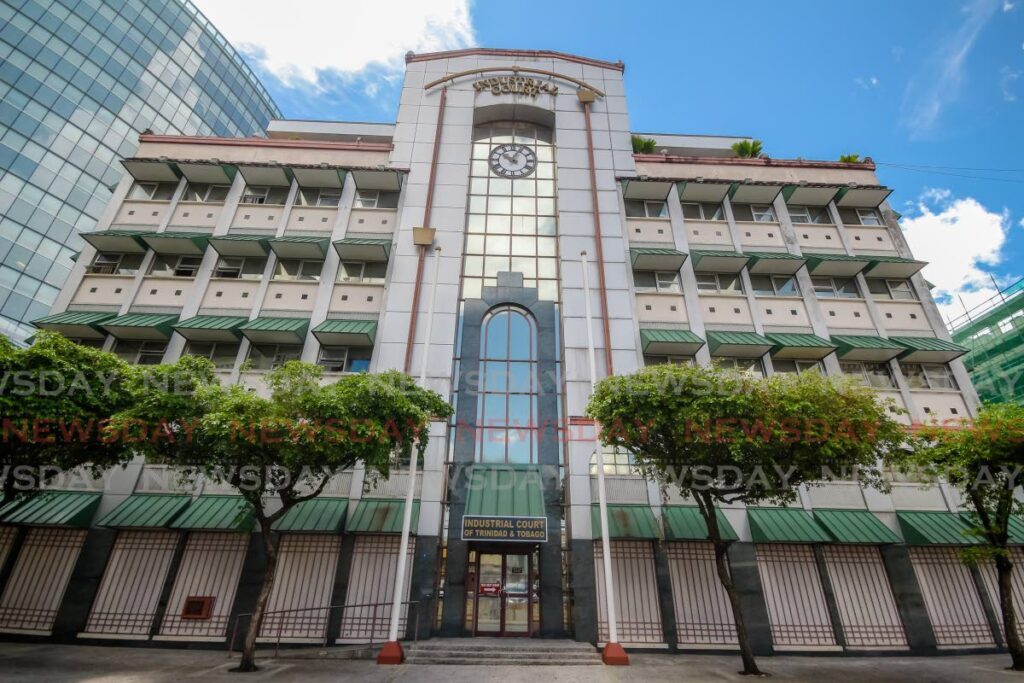Attorney General: Industrial Court to move to hybrid system

THE Industrial Court will move to a hybrid system with a mix between virtual and in-person sessions, Attorney General Reginald Armour said on October 16, as he faced the sole question about the court’s 2025 budget allocation.
Armour was also meant to face questions about the $3,865,800 budget allocation to the Equal Opportunity Tribunal, but there were none.
The sole question about the Industrial Court at October 16’s sitting of the Standing Finance Committee of the House of Representatives came from opposition MP for San Juan/Barataria Saddam Hosein.
The allocation of $28,268,700 for the court was approved on October 16.
Hosein asked, “There was an allocation of $1 million for the line item computerisation of the Industrial Court. However, only $41,000 was used up from that $1 million allocation. Can you indicate why there was such a low spend for that fiscal year?”
Armour then said he would reply in writing, after a brief pause.
Hosein followed up by saying he asked the question in the context of the Judiciary moving toward virtual courts and virtual trial hearings, and asked if the Industrial Court was taking a similar route.
He added that some hearings were held virtually in the Industrial Court, but not conciliation hearings.
“So I thought this line item would have covered the move towards virtual court at the Industrial Court,” Hosein said.
Armour said he was assured the court would be moving to a hybrid: virtual and in-person. He added it was a work in progress that would be built out.
The session on the Industrial Court lasted for approximately seven minutes and the session for the Equal Opportunity Tribunal lasted for about three minutes and 39 seconds. This was juxtaposed against some hours for the budgetary examination of the Ministry of Agriculture, Land and Fisheries.
In his brief opening statement, not exceeding five minutes, Armour said the court started in 1965 and performed remarkable and invaluable service to the country’s citizenry.
He said many books had been written about the stability the court brought as an institution to Trinidad and Tobago.
As far back as 1965, under the Industrial Standardisation Act, the Industrial Court was one of the pioneers of alternative dispute resolution by the process of conciliating disputes among workers and their employers, Armour said.

Comments
"Attorney General: Industrial Court to move to hybrid system"